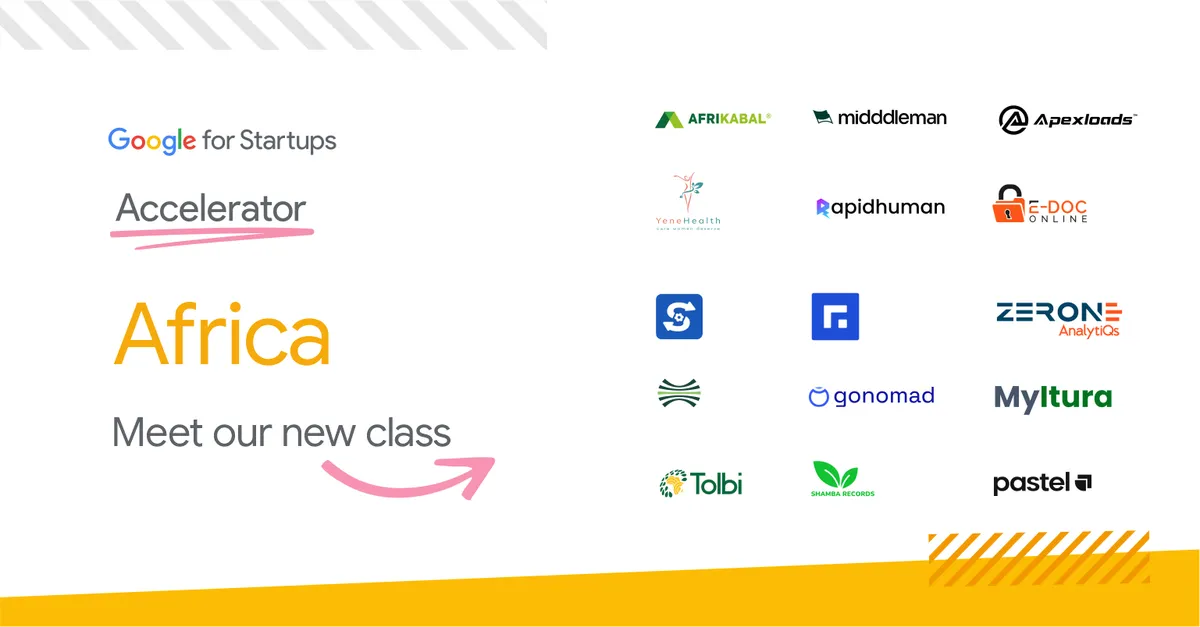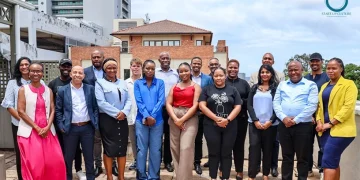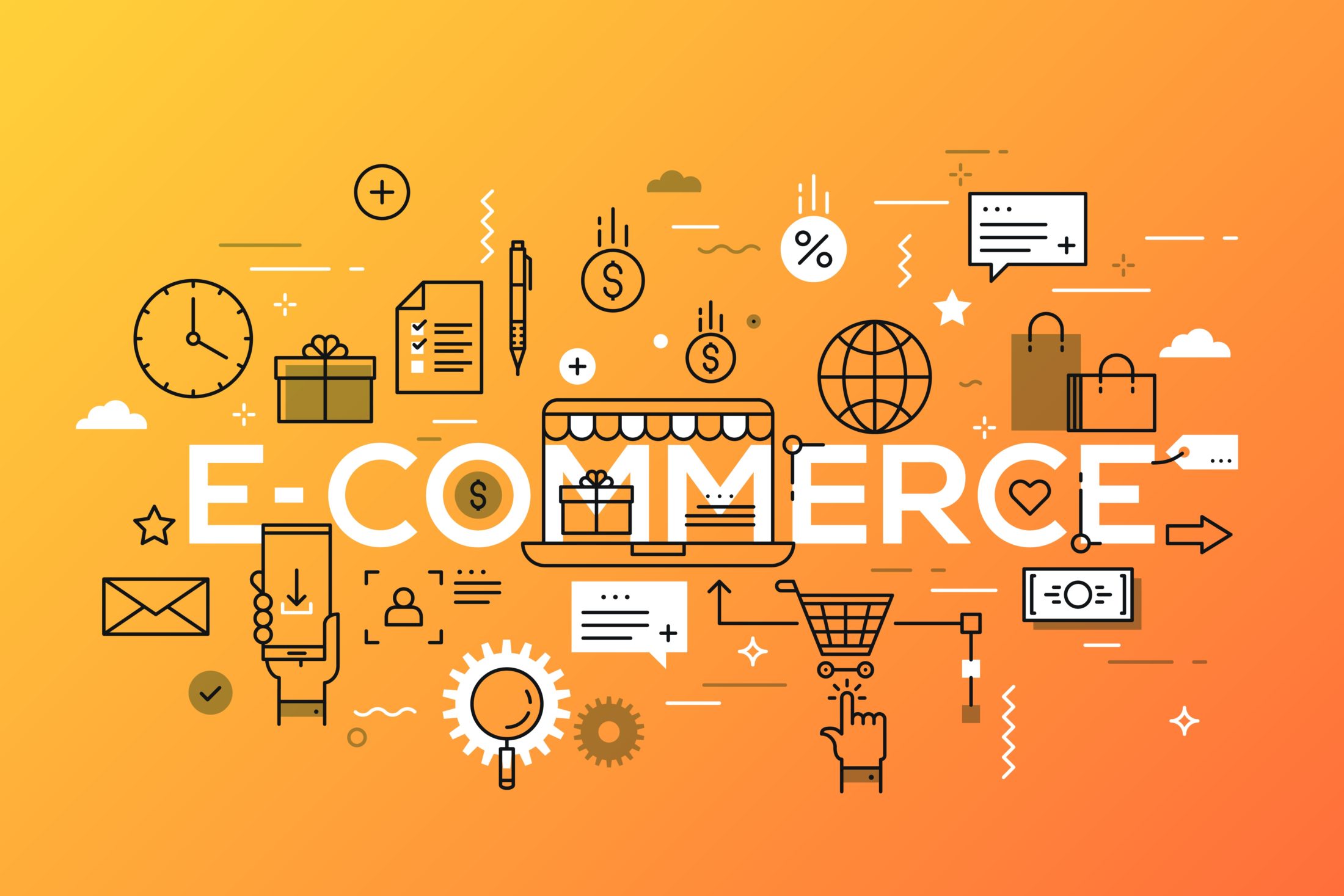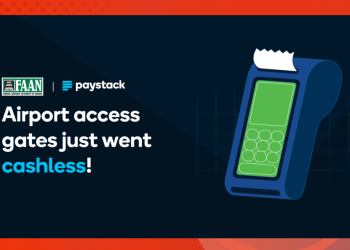Google has selected 15 African startups for its prestigious 2025 Africa Accelerator program, with Nigerian companies claiming six spots, the largest national representation in this year’s cohort. The tech giant chose these ventures from nearly 1,500 applications across the continent, highlighting Africa’s growing role in artificial intelligence innovation.
The Google for Startups Accelerator: Africa Class 9 program focuses entirely on AI-driven solutions. These startups are tackling real problems in healthcare, finance, logistics, and enterprise software using artificial intelligence as their core technology.
The Nigerian Winners Leading Africa’s AI Charge
Nigeria’s strong showing reflects the country’s emerging position as Africa’s AI hub. The six selected Nigerian startups span multiple sectors:
Middleman tackles cross-border trade challenges between Africa and China. The intelligent sourcing platform helps African importers find suppliers, negotiate deals, and handle payments more efficiently and safely.
Myltura focuses on digital healthcare across Africa. The AI-powered platform enables remote medical consultations, lab test access, and health data management in regions where medical infrastructure remains limited.
E-doc Online uses artificial intelligence to streamline financial compliance for lenders. The company’s platform analyzes banking data in real-time, turning lengthy manual credit assessments into automated processes that deliver results in minutes rather than weeks.
Pastel provides enterprise AI tools for financial institutions. The company specializes in fraud detection and anti-money laundering solutions designed specifically for African banking challenges.
GoNomad helps African businesses and freelancers operate globally. The platform lets users invoice clients worldwide and receive payments like local companies, removing traditional barriers to international business.
Scandium offers AI-powered quality assurance for software development. The platform helps development teams ship bug-free applications faster through automated testing and test operations tools.
The Complete Cohort: Innovation Across Seven Countries
The remaining nine startups represent the diversity of AI innovation across Africa:
From Kenya:
Apexloads operates as a logistics software platform connecting freight brokers, forwarders, and transporters across Africa. The company uses AI to match cargo with verified transport partners, reducing delivery times and costs.
Shamba Records empowers over 50,000 African farmers through AI-powered agriculture solutions. The platform provides smart credit access, market connections, and climate-resilient farming advice using data-driven insights.
From Rwanda:
AFRIKABAL combines blockchain and artificial intelligence to revolutionize agricultural trade. The platform creates secure, transparent connections between farmers, buyers, and logistics companies for crop trading.
Smartel Agri Tech helps smallholder farmers combat crop diseases and pest infestations. The company deploys AI-powered, solar-driven devices that send SMS alerts to farmers about potential threats before they damage crops.
From Ghana:
Regulon simplifies regulatory compliance for businesses across Africa and the Middle East. The AI-powered platform automates onboarding processes and helps companies navigate complex regulatory requirements.
Zerone Analytiqs addresses Africa’s data scarcity challenges through a two-pronged approach. The company revolutionizes how organizations source, analyze, and utilize data for strategic decision-making.
From South Africa:
Rapid Human AI transforms software development through AI-powered design thinking. The platform converts business ideas into functional code within days, cutting traditional development time by 80%.
From Senegal:
TOLBI uses artificial intelligence and satellite imagery to support sustainable agriculture across Africa. The platform provides precise crop yield forecasts to help farmers and agribusinesses make informed decisions.
From Ethiopia:
YeneHealth streamlines access to affordable healthcare through AI-driven web and mobile applications. The platform connects patients with quality medications and reliable healthcare services in underserved regions.
The Program Details
The three-month accelerator runs from June 23 to August 22, 2025. Selected startups receive several valuable benefits:
- Up to $350,000 in Google Cloud credits
- Direct technical mentorship from Google engineers
- Strategic support for AI implementation and business growth
- Access to Google’s global network of investors and partners
- Product development guidance and leadership training
The program operates as a hybrid model, combining virtual sessions with in-person meetings.
Google’s Growing Africa Investment
Since launching the Africa accelerator in 2018, Google has supported 153 startups across 17 African countries. These companies have collectively raised over $300 million in funding and created more than 3,500 jobs. Google has contributed $5 million through equity-free grants and product support.
“African startups are at the forefront of solving critical challenges across the continent, and their work with AI is truly transformative,” said Folarin Aiyegbusi, Google’s Head of Startup Ecosystem for Africa. “This programme reflects our belief that AI can be transformative when shaped by those who understand the context deeply.”
Nigeria’s AI Boom
Nigeria’s strong representation in this cohort aligns with broader trends in the country’s tech sector. Between 2022 and early 2024, AI-focused startups in Nigeria surged from approximately 35 to over 80 companies, primarily concentrated in Lagos and Abuja.
Investment in Nigerian AI startups increased by 43% since early 2023, according to recent industry data. This growth comes despite broader challenges in African startup funding, which fell significantly between 2022 and 2024.
The country’s large population, growing internet penetration, and increasing smartphone adoption create ideal conditions for AI solutions that can scale across similar markets in Africa.
Sector Focus: Agriculture and Healthcare Lead
Looking at the complete cohort, two sectors dominate the selections: agriculture and healthcare. Five startups focus on agricultural solutions (AFRIKABAL, Shamba Records, Smartel Agri Tech, TOLBI, and elements of Zerone Analytiqs). Three companies target healthcare challenges (Myltura, YeneHealth, and aspects of E-doc Online’s) compliance work.
This concentration reflects Africa’s economic realities. Agriculture employs over 60% of Africa’s workforce, while healthcare infrastructure gaps create massive opportunities for digital solutions. These startups aren’t chasing trendy consumer apps, but they’re building tools for Africa’s largest industries.
The Bigger Picture
This accelerator cohort represents more than just 15 individual companies. It signals Africa’s transition from a technology consumer to a technology creator, particularly in artificial intelligence.
Unlike previous tech waves where African companies primarily adapted solutions from other regions, these AI startups are building from the ground up to solve distinctly African problems. This approach creates more sustainable businesses and potentially exportable solutions to similar markets globally.
The focus on AI also comes at a crucial time. As AI reshapes industries worldwide, African startups getting early support and mentorship from Google could position the continent as a significant player in the global AI economy rather than a passive recipient of AI technologies developed elsewhere.
The success of these 15 startups over the next three months will likely influence Google’s future investment in African AI and signal to other major tech companies whether the continent is ready for larger-scale AI partnerships and investments.















